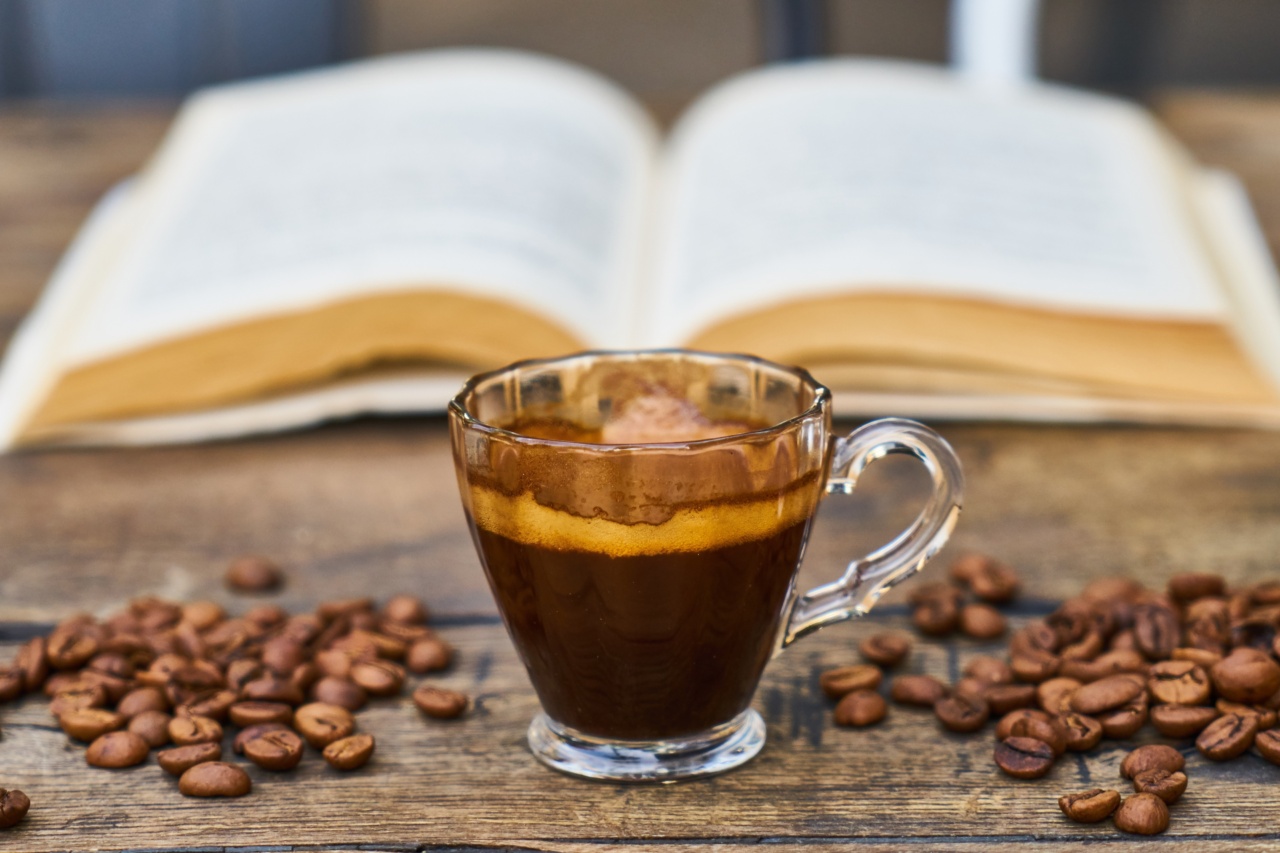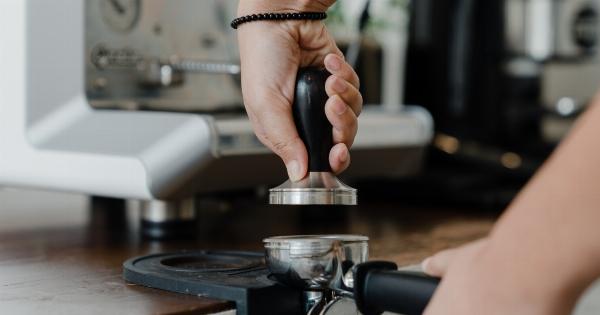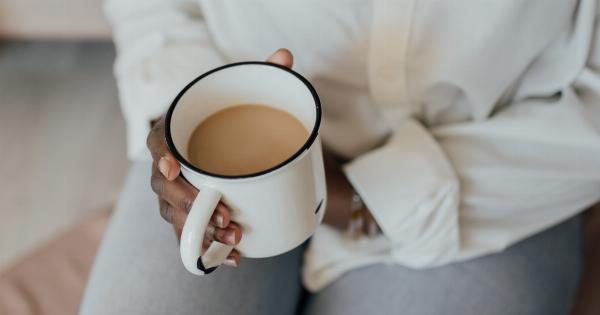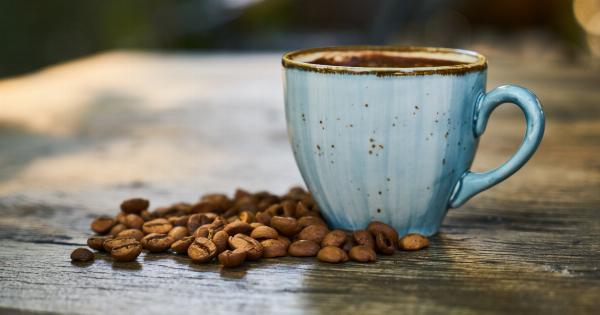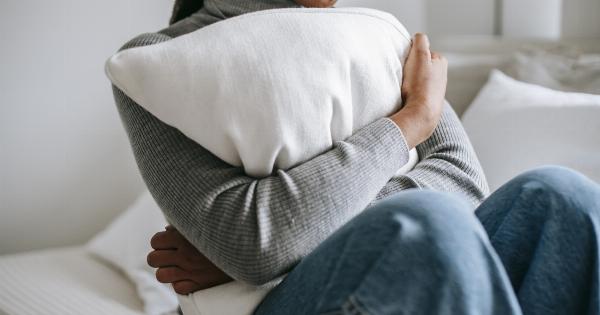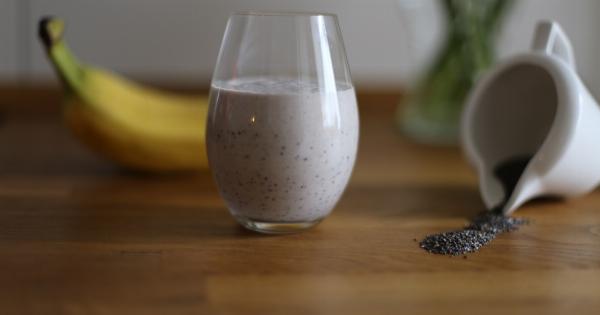Sleep plays a vital role in our overall well-being, affecting our physical and mental health. However, despite knowing the importance of quality sleep, many individuals struggle to get a good night’s rest.
While numerous factors can disrupt sleep, one often overlooked aspect is our diet. Certain foods and beverages can have a significant impact on our sleep patterns, making it essential to be mindful of what we consume, particularly before bedtime.
1. Caffeinated Beverages
Most of us rely on a cup of coffee to kickstart our day, but consuming caffeine too close to bedtime can wreak havoc on our sleep. Caffeine is a stimulant that blocks adenosine receptors, a neurotransmitter responsible for promoting sleep.
It not only makes it harder to fall asleep but can also interrupt the sleep cycle, leading to fragmented and restless sleep.
2. Energy Drinks
Similar to caffeinated beverages, energy drinks are loaded with caffeine and other stimulants like guarana and taurine. These drinks provide a temporary energy boost but can severely disrupt sleep patterns.
The high levels of caffeine in energy drinks can remain in the body for several hours, hindering both falling asleep and staying asleep.
3. Spicy Foods
While some people enjoy the fiery kick of spicy foods, consuming them before bed can lead to discomfort and disturbed sleep. Spicy foods are known to cause heartburn and indigestion, making it difficult to fall asleep peacefully.
The discomfort caused by spice-induced acid reflux can result in restless tossing and turning throughout the night.
4. Fatty Foods
Indulging in a greasy meal may seem like a guilty pleasure, but it can have adverse effects on our sleep. High-fat foods take longer to digest, which can lead to discomfort, bloating, and even acid reflux.
This can interfere with sleep quality, causing frequent awakenings and a disrupted sleep cycle.
5. Alcohol
Although a nightcap may seem relaxing, alcohol disrupts sleep patterns and reduces the overall quality of rest. While alcohol can make you feel drowsy initially, it impairs the deeper stages of sleep, including Rapid Eye Movement (REM) sleep.
This can lead to fragmented sleep, frequent awakenings, and feeling groggy the next day.
6. Chocolate
Chocolate, particularly dark chocolate, contains a moderate amount of caffeine, along with theobromine, a stimulant similar to caffeine. Both substances can interfere with sleep and increase alertness.
Additionally, chocolate often contains sugar, which may lead to a spike in energy levels, making it challenging to fall asleep.
7. High-Sugar Foods
Consuming foods high in sugar close to bedtime can disrupt your sleep patterns. Foods like candy, cookies, and other sugary treats cause a rapid spike in blood sugar levels, followed by a sharp drop.
This rollercoaster effect can lead to restless sleep, frequent awakenings, and even night sweats. Opting for balanced snacks that include protein and complex carbohydrates can help promote better sleep.
8. Acidic Foods
Acidic foods like citrus fruits, tomatoes, and vinegar-based dressings can trigger acid reflux, leading to disturbed sleep. The discomfort caused by acid reflux can make it difficult to relax and fall asleep comfortably.
It’s advisable to avoid acidic foods for at least two to three hours before bedtime to minimize the risk of acid reflux during sleep.
9. High-Protein Foods
While consuming protein-rich foods during the day offers numerous health benefits, eating heavy protein meals before bed can disrupt sleep. Protein takes longer to digest, which can lead to discomfort and even insomnia.
Opt for lighter meals with a good balance of protein, complex carbohydrates, and healthy fats to avoid any sleep disruptions.
10. Carbonated Drinks
Carbonated beverages, including soda and sparkling water, can cause bloating and discomfort, which can impact sleep. The carbonation in these drinks releases gas in the stomach, leading to bloating and potentially acid reflux.
It’s best to avoid carbonated drinks, especially before bed, to promote better sleep.
